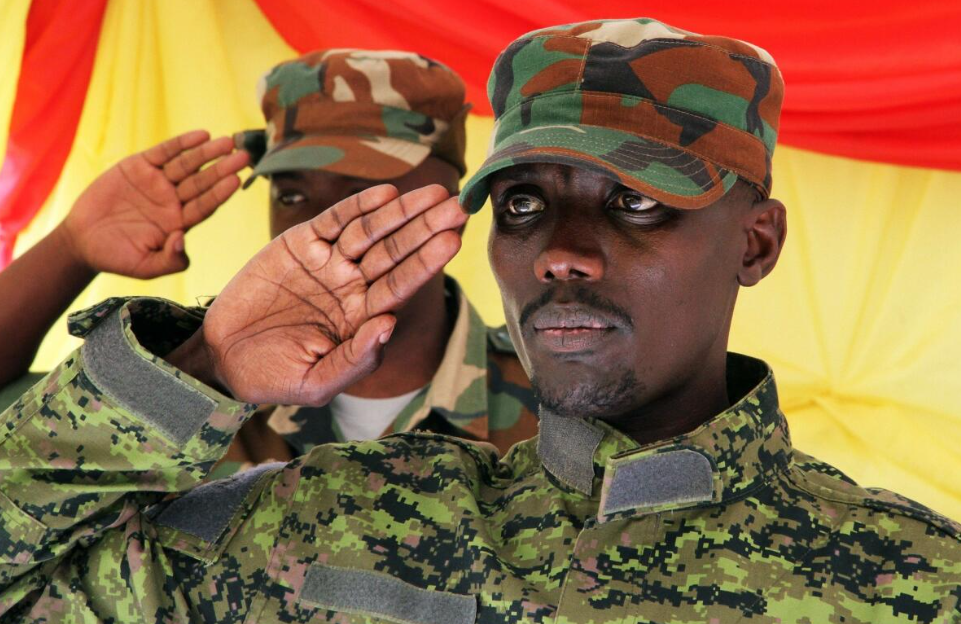Congolese Army Eliminates Leader: The Congolese army has announced that they have neutralized Christian Malanga, the purported mastermind of the failed coup attempt that rocked the country on Sunday. This is the latest event in the Democratic Republic of the Congo (DRC). Along with Malanga’s supposed death, the army says it has arrested over fifty others, three of whom are American citizens, who were part of the destabilizing conspiracy.
Assaults on the presidential palace in the heart of Kinshasa, the capital city, by gunmen began in the wee hours of Sunday morning, at about 4 am, when gunfire echoed through the streets. Assaulters with ties to Christian Malanga planned and carried out the operation to capture the DRC capital, the Palais de la Nation.
Christian Malanga, a notorious opponent of the dictatorship, reportedly planned the blatant assault from his exile in America. The 41-year-old, born into the Congolese diaspora, had served in the military and lived in the US for a long time before entering politics. Even though he had been arrested for openly opposing Kabila’s government, his political ambitions drove him to run for the DRC legislature in 2011 under the opposition flag.
Although specifics of President Félix Tshisekedi’s presence during the assault remained vague, General Sylvain Ekenge, the Congolese military spokesperson, confirmed the assault on the presidency. At the same time, a well-known lawmaker who was about to become Speaker, Vital Kamerhe, was the target of another attack at his home. Sadly, according to Moto Muhima, casualties were reported, with one attacker and two guards being killed in the altercation.
The effects of the bloody conflict reached well beyond the Democratic Republic of the Congo, causing unease in neighboring countries. Brazzaville, the capital of the Republic of the Congo, was hit by a stray shell launched from Kinshasa, injuring multiple people and highlighting the regional implications of the violence.
Christian Malanga and his associates allegedly tried to stage a coup in the DRC, highlighting the precarious political situation there and the difficulties encountered by President Félix Tshisekedi’s government in responding to both internal opposition and outside influences. The government’s resolve to protect democratic institutions and maintain peace and order in the nation is demonstrated by the rapid response of the Congolese military in putting down the rebellion.
As the investigation into the failed coup continues to unfold, it has become clear that the political climate in the DRC is volatile. To address the underlying grievances that are fueling discontent and instability, it is vital to promote inclusive discussion and national reconciliation.



















